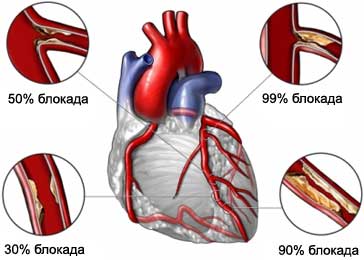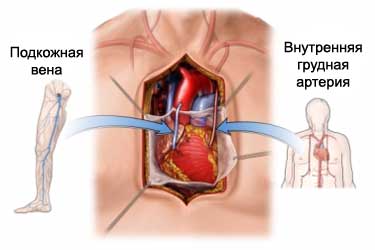Computed tomography of the electron beam – Ultrafast computed tomography
Description Electron-beam computed tomography
Electron-beam computed tomography (EBCT) is a fast and sensitive test for detecting calcium build-up in the arteries of the heart. The test utilizes electronic “gun” instead of conventional X-rays to scan the chest.
The amount of calcium in the arteries will give your doctor an idea of the disease, known as atherosclerosis (hardening of the arteries). This disease can cause narrowing of the arteries, infarct, stroke, and other serious diseases.

Reasons for electron-beam computed tomography
EBCT is useful for determining in patients with ischemic heart disease (CHD). The procedure can be used before or after, like symptoms (such as chest pain). It is important, Because many people the first sign of coronary heart disease is a heart attack.
EBCT can be used to:
- To determine the risk of developing coronary heart disease in people without symptoms;
- To determine the likelihood of coronary heart disease in people with chest pain.

How is the electron-beam computed tomography?
Preparation for the procedure
The doctor will determine the state of your health and study the medical history, including the presence of risk factors for coronary heart disease. This will help the doctor determine, EBCT how effective in this case.
Procedure electron-beam computed tomography
You will be asked to lie down on a table under a soft arcuate scanner. You can be dressed, the head is secured in a fixed position. The scanner moves around the body and takes pictures of internal organs. During the test you will be asked to hold your breath at times, to remain stationary, for clearer pictures. Radiologist, which scans, It will be there for you, and will be able to answer any questions.
After the examination,
You will be able to do daily activities.
How long will the ultrafast computed tomography?
The procedure takes 10-15 minutes. The actual scanning time is only a few seconds.
Will it hurt?
No.
The results of electron-beam computed tomography
EBCT measures the calcium deposits in the arteries. It is called calculation of calcification. Depending on the amount of calcium, doctor will tell, what measures should be taken, to reduce the risk of coronary heart disease, eg, to exercise or take medications.
Your doctor may also recommend additional studies or surgery, if the disease threatens the health.
Contact your doctor after EBCT
Call your doctor, If you have any questions about the study, health or the test results.
